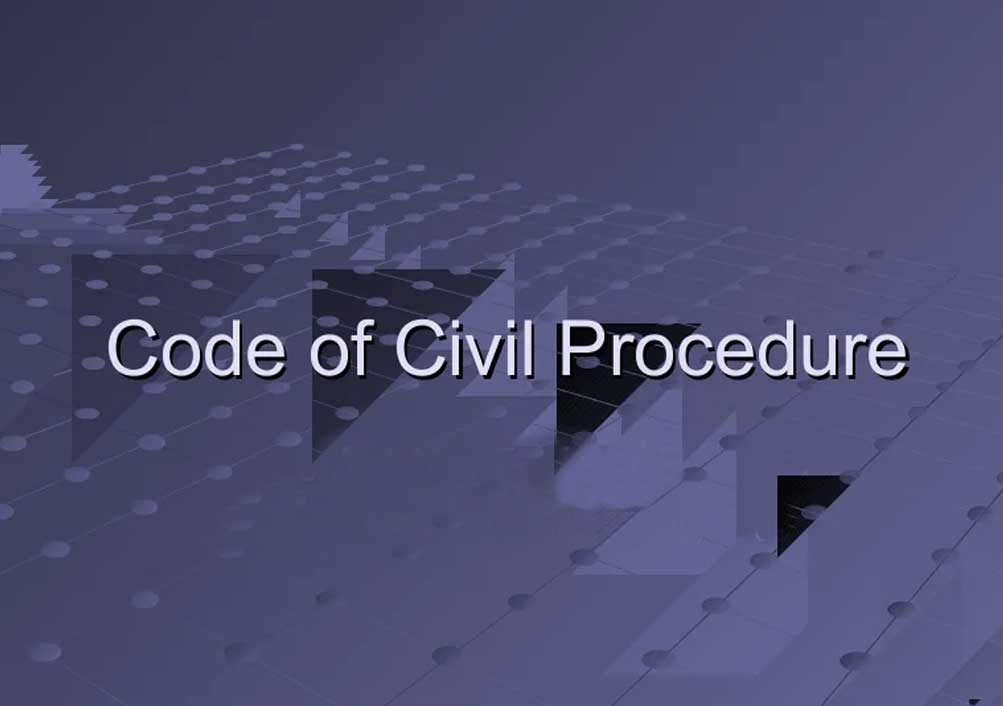In CS(OS) 637/2021-DEL HC- Details of alleged fraud need to be specifically mentioned in plaint; Merely claiming that Sale Deed has been executed fraudulently will be considered as vague plea: Delhi HC
Justice Neena Bansal Krishna [08-12-2022]

Read Order: KARISHMA OBEROI v. AJAY KUMAR AND ORS
Mansimran Kaur
New Delhi, December 10, 2022: There has to be some material particulars disclosed in the plaint which may constitute fraud while making averments in the plaint with respect to commission of fraud, the Delhi High Court has asserted.
Justice Neena Bansal Krishna allowed the present application instituted under Order VII Rule 11 (a), (c) and (d) read with Section 151 of the Code of Civil Procedure, 1908 on behalf of the second defendant /Abhishek Oberoi seeking rejection of the Plaint.
The Bench was of the view that the plaintiff was not able to disclose any cause of action in her plaint.
Facts in brief were that the second defendant, Abhishek Oberoi was the real brother of the plaintiff Karishma Oberoi and first defendant Ajay Kumar was her younger uncle (Phufa). The plaintiff filed the present Suit for cancellation of the Sale Deed dated February 10, 2010 executed by the second defendant in favour of the first defendant on the ground of misrepresentation and fraud.
It was asserted in the application on behalf of the second defendant that no averments were made nor any particulars were disclosed in respect of how the fraud was played on the plaintiff.
After considering the submissions, the Court noted that the suit property was owned by the father and a Sale Deed dated February 10, 2010 existed in the name of the second defendant , the brother of the plaintiff.
It was further noted that the plaintiff though claimed that there was fraud in execution of the Sale Deed in favour of the second defendant, however was not able to explain the nature of fraud. It was simply asserted by her that she got the copy of the Sale Deed through a relative and thus, came to know about the Sale Deed in favour of the second defendant.
The plaintiff failed to disclose the name of the relative or the circumstances in which this fact was disclosed to her.
“Merely claiming that the Sale Deed was executed in favour of the second defendant fraudulently, is as vague a plea as it can be. There has to be some material particulars disclosed in the plaint which may constitute fraud”, the Bench held.
Aside from a bald assertion that a fraud has been committed, the plaintiff had not explained the nature of fraud nor had she pleaded any facts from where any fraud can even be spelled out, the Court opined.
The Sale Deed established that the second defendant was the absolute owner of the suit property, the plaintiff had no right/ title in the suit property to claim partition. There was no cause of action to seek partition and the suit for partition was clearly not maintainable, the Court further remarked.
For the same reason, the decree of Permanent Injunction sought for restraining the defendants from selling or creating third-party rights in the suit property is not tenable for the simple reason that the second defendant was the owner of the suit property by virtue of a registered Sale Deed and there can be no restraint order against a registered owner, the Court stated.
From the very averments made in the plaint in regard to this Family Settlement and also this alleged agreement of Rs. 1,00,00,000/- to be paid by the second defendant on payment of Rs. 2,00,00,000/- by the first defendant to the second defendant were again extremely vague. No circumstances were disclosed as to why the first defendant, who was the Uncle, would pay Rs.2 crores to the second defendant, the nephew. Moreover, the alleged mutual settlement between plaintiff and the second defendant cannot in any way create a cause of action against the first defendant.
The relief sought in this regard was in the realm of speculation which does not disclose any cause of action, the Court thus observed. The plaintiff was not able to disclose any cause of action in her Plaint for any of the reliefs claimed by way of present Suit, the Court further noted.
In view of such observations, the present application under Order VII Rule 11 (a), (c) and (d) read with Section 151 of the CPC, 1908 was allowed.
Sign up for our weekly newsletter to stay up to date on our product, events featured blog, special offer and all of the exciting things that take place here at Legitquest.




Add a Comment